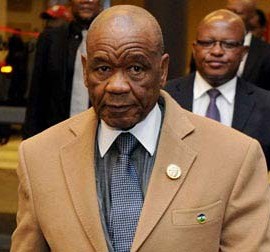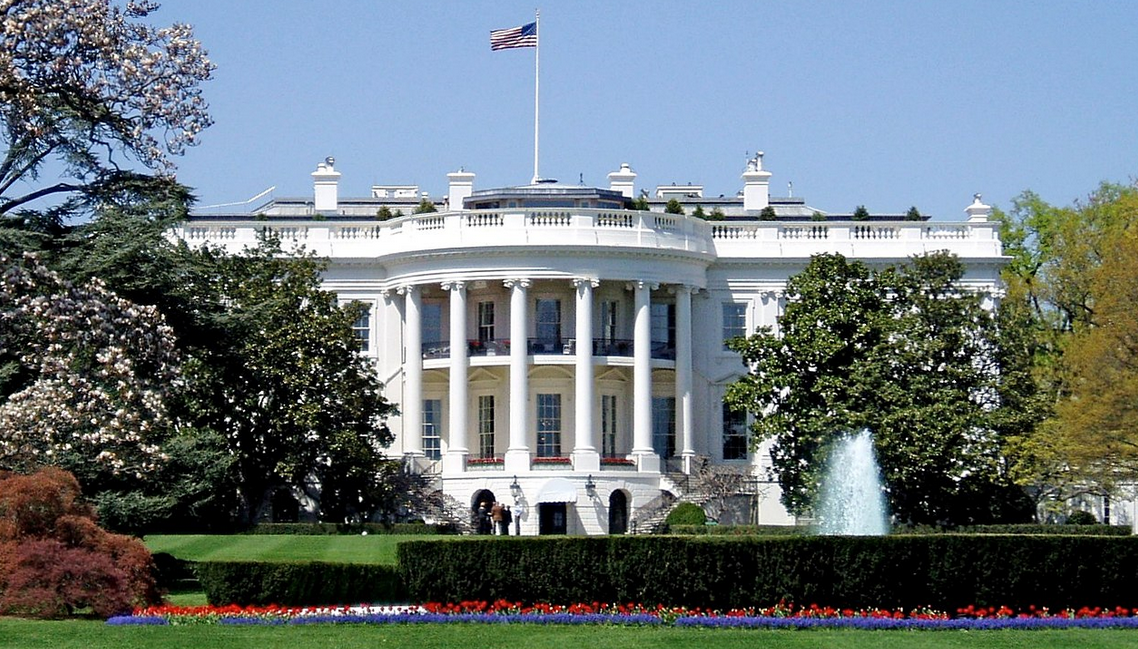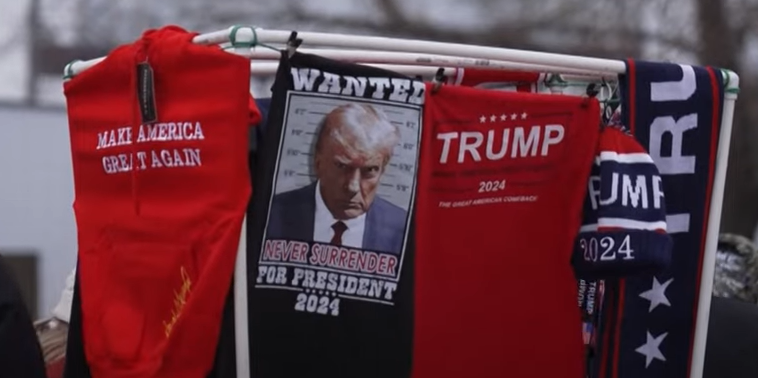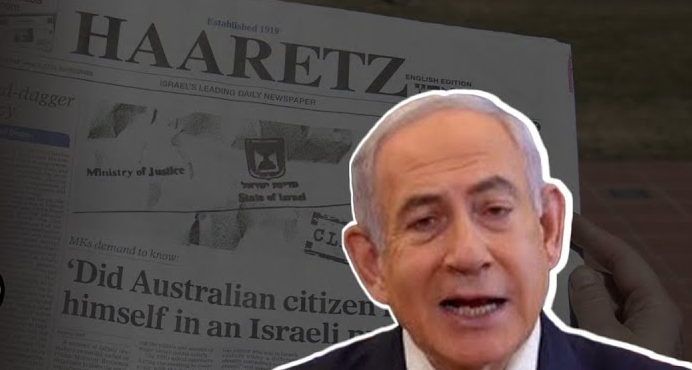Sep. 2 (GIN) – In the Mountain Kingdom of Lesotho, encircled by South Africa, there’s trouble in paradise.
Prime Minister Tom Thabane, fearing a military coup, slipped out of the country Saturday night, to reappear in Johannesburg calling for intervention by that country’s security forces.
Thabane believed he was a target by his coalition partner seeking his ouster so he blocked a no-confidence vote in parliament and suspended the entire body in June.
Lesotho has endured numerous military coups since gaining independence from Britain in 1966. In the current skirmish, Thabane, 75, commands the loyalty of the police. The deputy prime minister, Mothetjoa Metsing, has the support of the army.
News of the Prime Minister’s flight set off chaos in Maseru, the capital city. Police largely abandoned the city, opening the way for soldiers aligned with the opposition under “a renegade general” to raid several police stations and confiscate weapons. One policeman was shot dead and four were injured in the melee.
Residents began stocking up on food and basic necessities while confusion mounted over who was running the country of 2 million people.
U.N. secretary general Ban Ki-moon expressed concern about the “military takeover” and called for respect for democratic rule.
Thabane, speaking to the BBC, reportedly said: “I will not go back to Lesotho to get killed.”
Lesotho is rich in resources – providing water to South Africa and diamonds to the world – but the population is largely poor. Charges of corruption involving the deputy prime minister are scheduled to go forward on Sept. 9. Mr. Metsing is fighting the handover of bank records which the anti-corruption agency (DCEO) affirms is constitutional.
Claiming the mantel of an anti-corruption fighter, the Prime Minister said: “In my period of stewardship of this government, one of the key issues I am going to deal with is corruption … And if that is going to cost me being chased around, then I call upon the world to say no, no, no, I am doing what the world wants me to do.”
An editorial by the online South African publication Times Live, recalled Lesotho’s previous coup crisis in September 1998. On that day, “we awoke to the news that our military had stormed into Lesotho to prop up a “discredited” government. Our government claimed that the then prime minister of Lesotho, Pakalitha Mosisili, had asked the regional Southern Africa Development Community to intervene.
“Now a Lesotho prime minister has again requested (our) intervention. The results back in 1998 were bloody and our country learned some hard lessons. President Jacob Zuma should not allow history to repeat itself.
“We should send a signal throughout the region that the time for coups is over – and the same should apply to tolerance of dictatorships.” w/pix of Pres. T. Thabane














